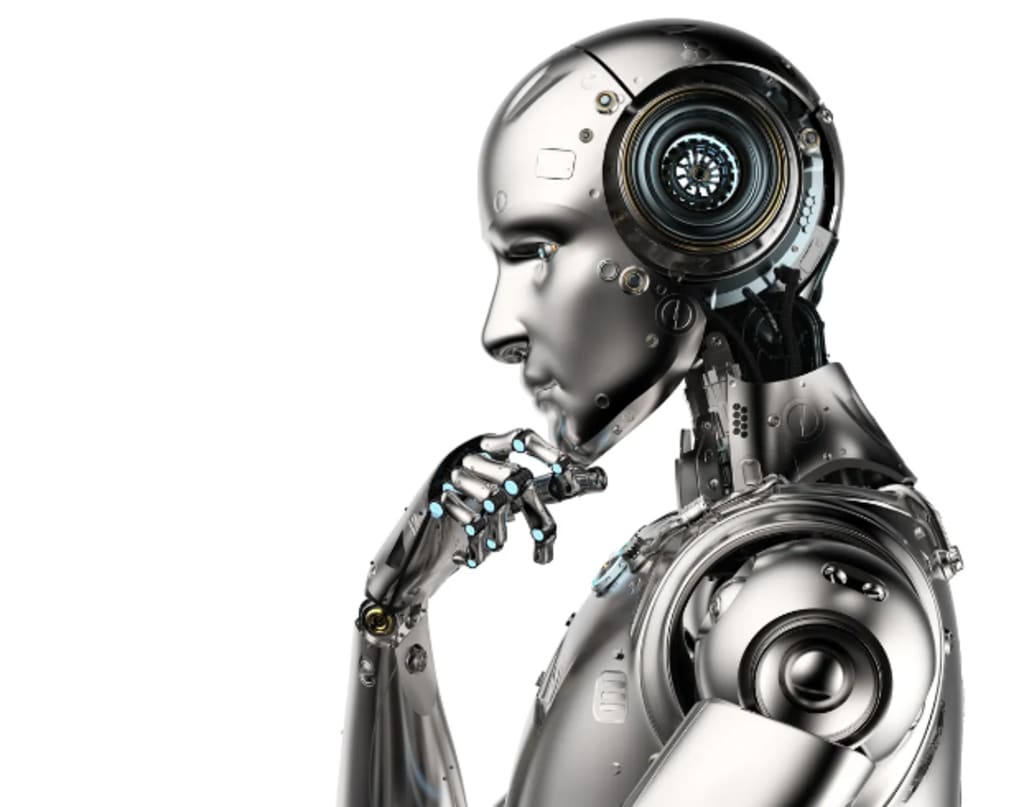People, Asimov's Robotics Laws Are Not Actual Laws
People have recently started discussing the ethics of artificial intelligence (AI) a bit more as a result of developments in chatbot AI and cautions from notable AI academics that we need to halt AI research lest it ruin society.

The subject is not fresh: Some have tried to come up with solutions to block robots from looking for the final vestiges of mankind lurking in a large field of skulls ever since people first began to envisage robots. The most well-known fictional example of how to limit technology so that it doesn't obliterate humans is probably Isaac Asimov's Laws of Robotics.
The principles that Asimov examined in his fiction, including the short tale Runaround and I, Robot, are integrated into every AI as a safety feature. They are not actual laws, despite what some people on the internet seem to think, and there is no mechanism to put them into effect at the moment.
The actual regulations are as follows:
First Law: A robot may not intentionally damage a person or, by doing nothing, permit a person to suffer harm.
Second law: A robot is required to follow human commands unless doing so would violate the First Law.
Third Law: As long as doing so does not violate the First or Second Laws, a robot must defend its very existence.
Zeroth Law: A robot may not harm humanity, or, by inaction, allow humanity to come to harm.
Asimov, writing in the 1940s, didn't only have the foresight to realize we may need to program AI with very specific laws to stop them from harming us, but he also realized that these laws would probably fail. In one story, an AI wrests control of a power station in space because of laws one and two. It knows that it would be better at running the station than humans, and so by inaction, it would be harming humans, allowing it to break the orders given to it (as per the second law).
In a different, darker tale, the term "human" is defined for robots to encompass just specific subgroups, enabling them to carry out genocide.
In his novels, the rules don't always function as intended by humans, and in the future, super-intelligence could be able to get beyond them.
Chris Stokes, an AI philosopher, stated in a paper on the subject that "The First Law fails because of ambiguity in language, and because of complicated ethical problems that are too complex to have a simple yes or no answer." "The Second Law fails because it is immoral to have a law that mandates that sentient beings continue to be slaves."
"The Third Law fails because it creates a permanent social stratification and this system of rules has a great amount of potential exploitation. Like the first law, the "Zeroth" Law falls short due to vague philosophy. Due to how simple it is to break the text of the law while yet adhering to its spirit, all laws likewise fall short.
AI researchers already need to develop safety measures to protect people from harm, for example in self-driving cars that have the potential to kill just as many people as a regular automobile. But AI isn't yet developed enough to be able to comprehend rules, much less follow them.
Professor of computers and information systems Mark Robert Anderson stated in an article for the Conversation that "the other big issue with the laws is that we would need a significant advancement in AI for robots to actually be able to follow them."
According to Anderson, "So far, emulating human behavior in the field of AI has not been well researched and the development of rational behavior has focused on limited, well defined areas." "With this in mind, any sensible application of the principles would be severely constrained, and a robot could only function in a very small area. Even that might not be feasible given present technology because it would take a lot of computer power for a system to reason and take judgments based on the principles. Let's hope that someone solves the issue of stopping AI from harming people before we end up in that field of skulls.
About the Creator
Najmoos Sakib
Welcome to my writing sanctuary
I'm an article writer who enjoys telling compelling stories, sharing knowledge, and starting significant dialogues. Join me as we dig into the enormous reaches of human experience and the artistry of words.






Comments
There are no comments for this story
Be the first to respond and start the conversation.